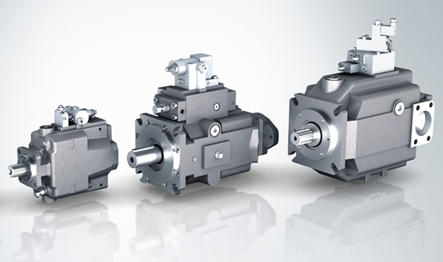Hydraulic pumps are one of the most important components of any hydraulic system. They are responsible for providing the pressure needed to move fluid through the system, and they can be found in various types of machines and equipment, such as brakes, lifts, cranes, and even medical devices.
What hydraulic pumps are and how they work:
What is a Hydraulic Pump?
A Hydraulic Pump is a mechanical device that generates pressurized liquid by using an external power source. It uses an input force to create a flow in a sealed chamber. This flow is then used to generate enough pressure to move liquid through the system. The type of pump used depends on the application; some common types include gear pumps, piston pumps, and vane pumps.
How Does a Hydraulic Pump Work?
Hydraulic pumps work by converting energy from an external source (such as electricity or air) into a pressurized liquid that is then used to move other components within the system. When power is applied to the pump’s motor or engine, it creates a pressure differential between two chambers which forces fluid from one chamber into another. This causes the fluid to flow at high speeds which generates pressure in the system. This pressure can then be used to actuate different components in the machine or device such as valves or Hydraulic Cylinders.
The Benefits of Using Hydraulic Pumps
- Hydraulic pumps are an invaluable tool in industries ranging from construction to manufacturing. The convenience of converting mechanical energy into hydraulic power is saving companies time, money and resources.
- Not only are they smaller and lighter than their gasoline-powered counterparts, but they also require less maintenance and upkeep. Hydraulic pumps offer excellent fuel efficiency as well as higher horsepower ratings than other types of engines.
- Furthermore, they minimize noise pollution while still providing the power needed to get the job done quickly and safely. Manufacturers love these revolutionizing pumps and are finding more uses for them by the day.
- It’s clear that hydraulic pumps are a great asset for businesses because of their versatility, reliability and cost-effectiveness – allowing companies to maximize profit potential and increase productivity without much extra effort or expense.
Conclusion:
Hydraulic pumps are essential components in any hydraulic system because they provide the power necessary for operation. They come in various types depending on the application but all work similarly by converting energy into pressurized fluid that can be used to move other components within the system.
Their efficiency makes them popular among engineers and mechanics alike who appreciate their low maintenance costs and long lifetime while DIYers can take advantage of their design simplicity when tackling home projects requiring hydraulics. No matter what your needs may be, understanding how hydraulic pumps work can help you make informed decisions about your next project or repair job with confidence!








